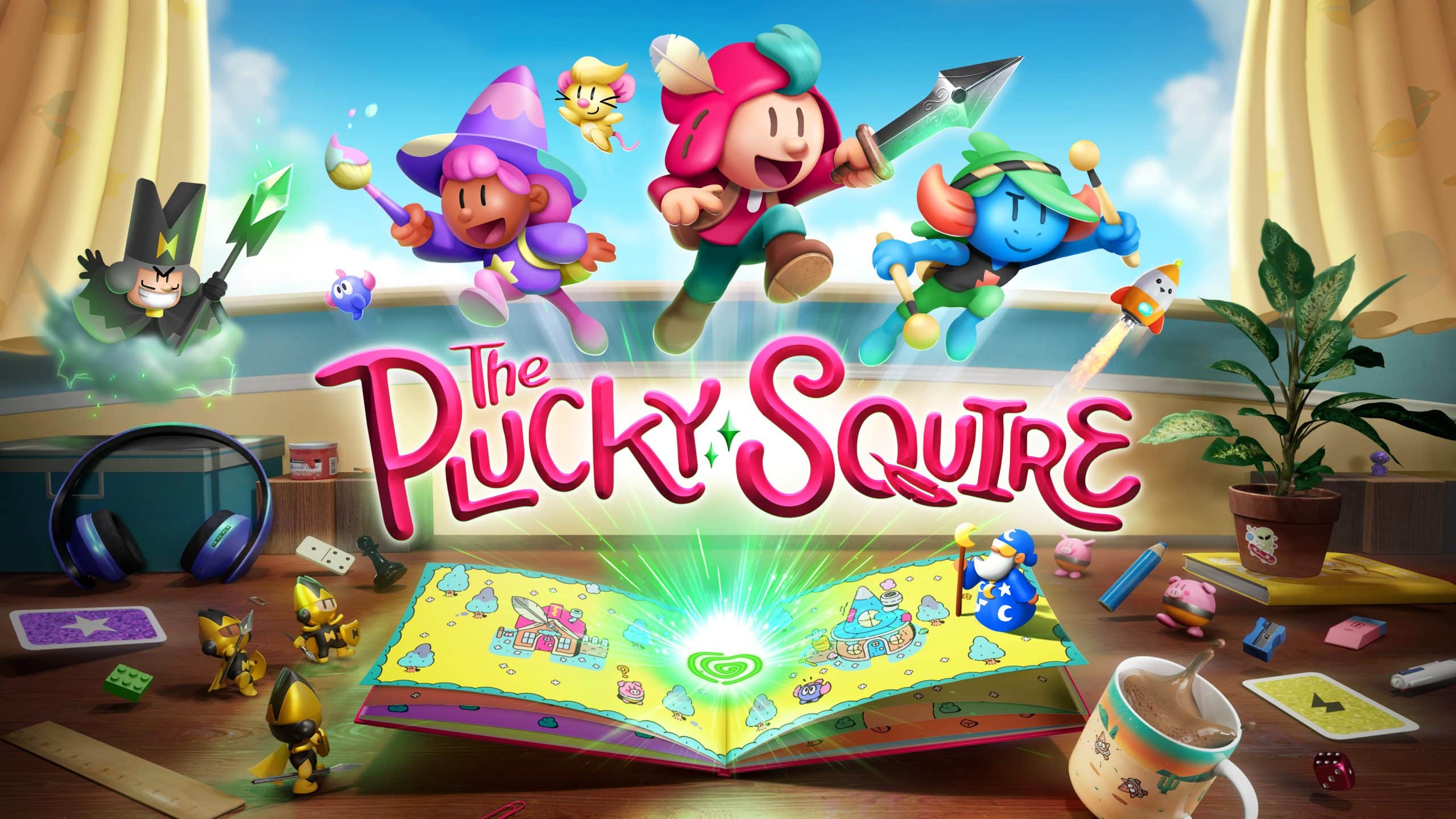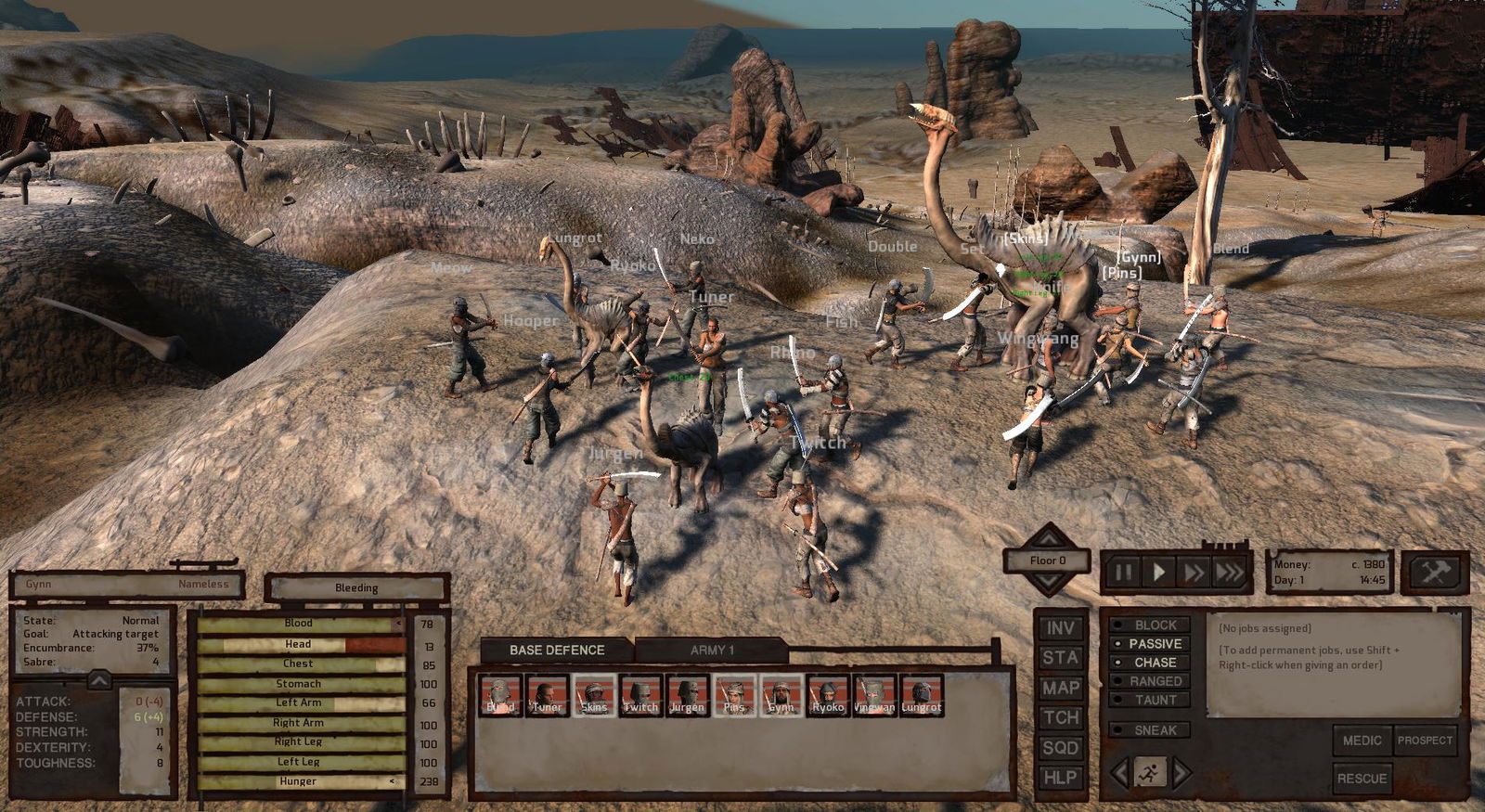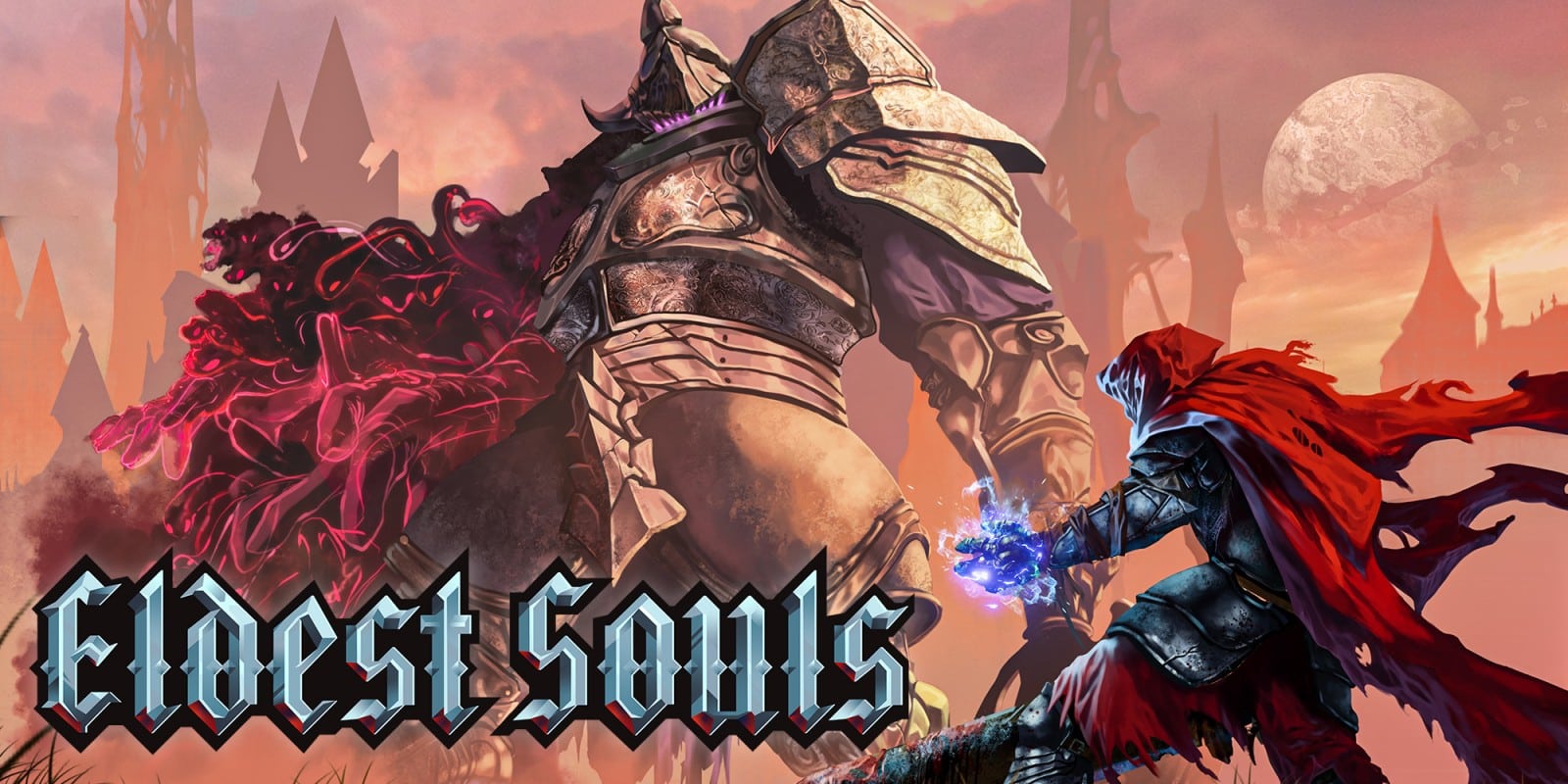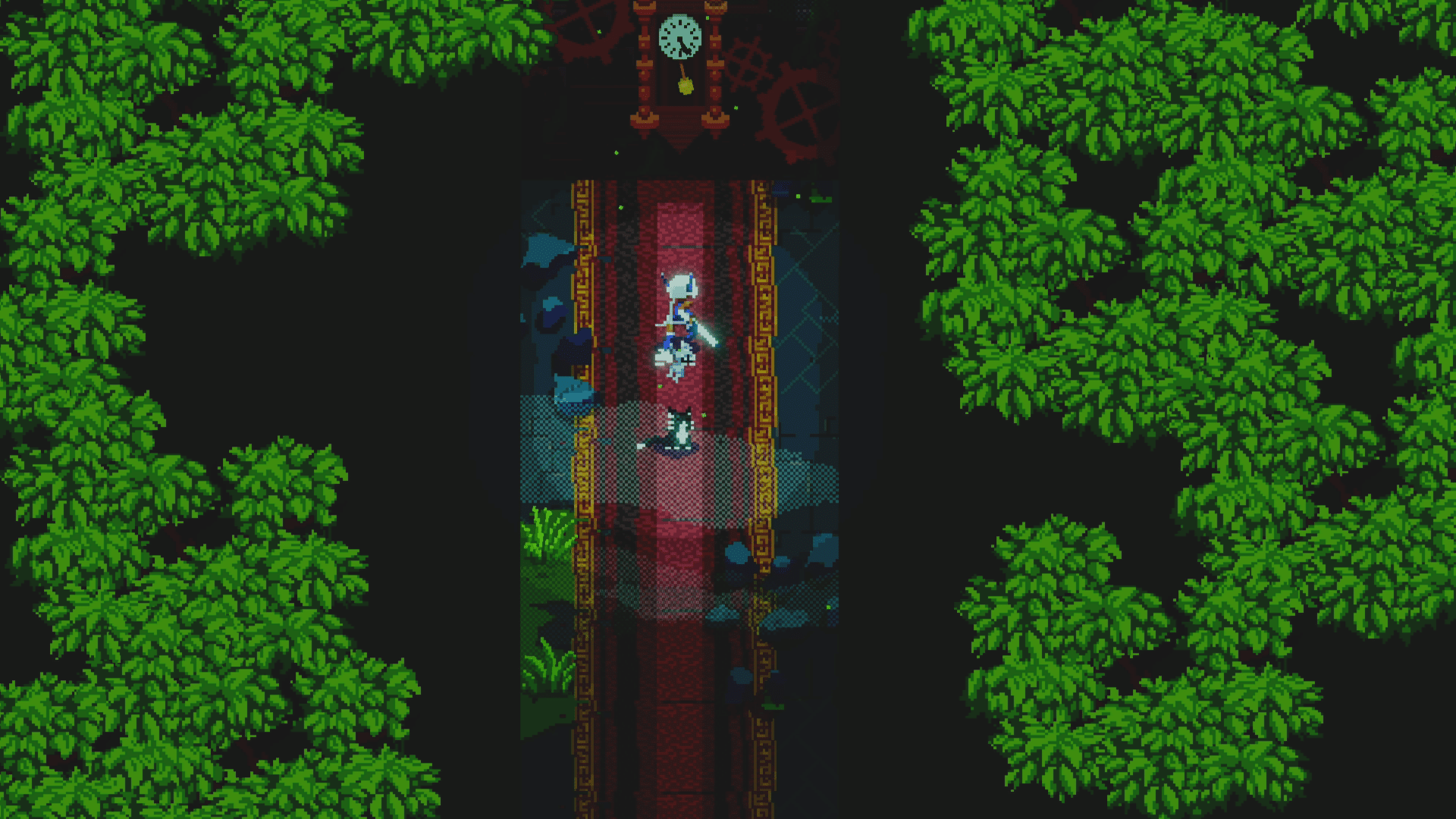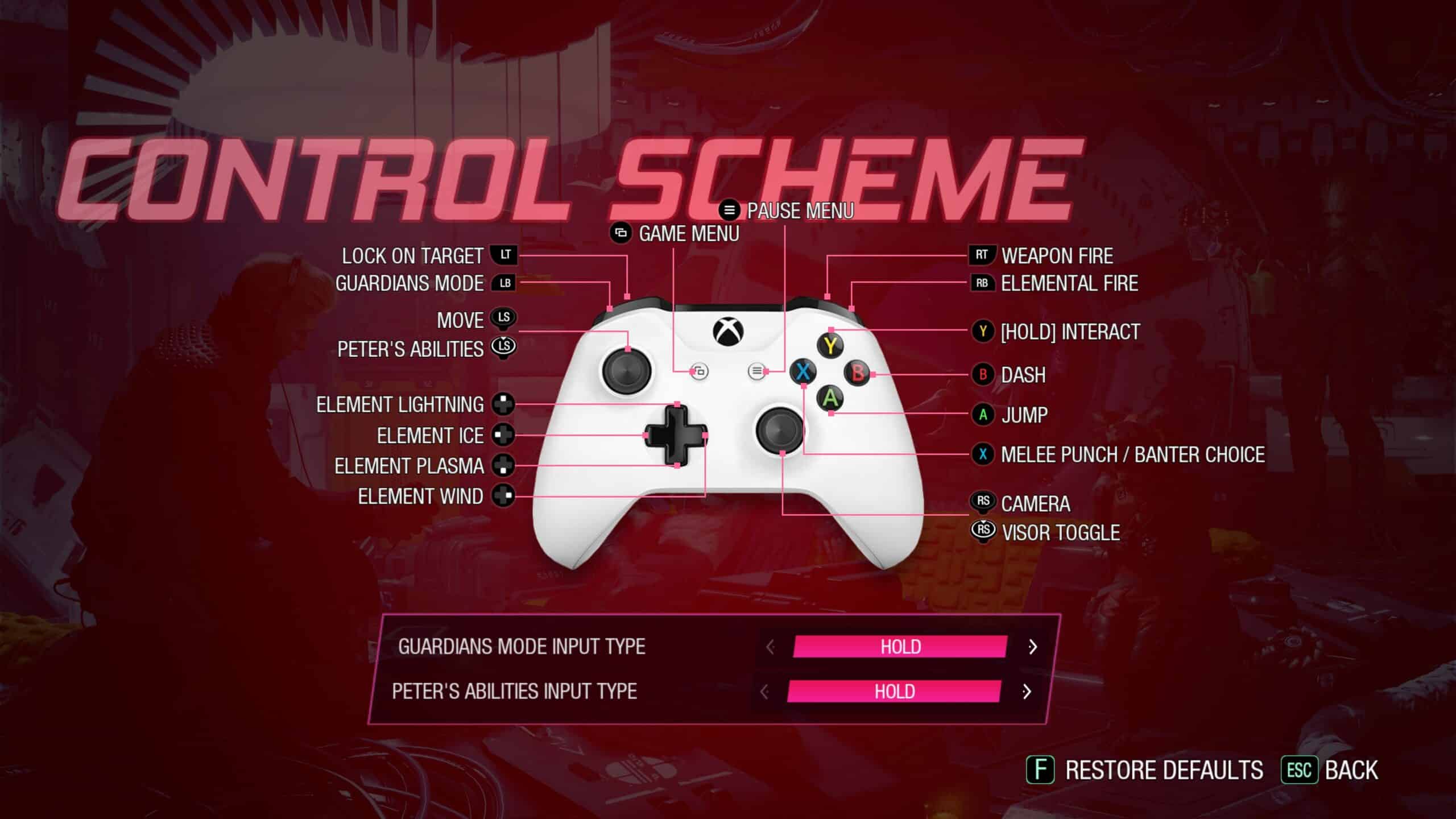What I love about smaller games is the ability to explore new, and unique ideas. This is an area Devolver Digital has especially excelled with given recent hits like Cult of the Lamb, Enter the Gungeon, Death’s Door, and many more. Their latest experience, The Plucky Squire, is a Zelda-esque adventure set in a storybook, that isn’t afraid to get meta. With so much going for it, does the adventure have enough pluck to keep things interesting, or does it fall short of expectations?
The Plucky Squire starts with a fascinating opening. Players are introduced to Jot and his companions, followed by revealing the villain, Humgrump, learning their world is a children’s story. While Humgrump wants to use his “Metamagic” to change his fate, it’s revealed doing so will negatively impact the story’s reception.

From here the narrative moves beyond the hero besting the villain to save the day, to a meta adventure centered around ensuring said story continues to inspire its readers. It’s an interesting idea that at times feels overly ambitious.
In a lot of ways that is the biggest issue with The Plucky Squire. While I love the storybook setting, it results in a lot of filler. The average non-puzzle stage is about a minute long, followed by devoting some time to the page/book turning to introduce the next location. After a while it feels like a loading screen, which in essence it basically is.

It Always Is
It also doesn’t help that seemingly every opportunity is met with some kind of exchange. It’s one thing when they offer hints to the puzzle, something that isn’t overly important given there is a dedicated NPC that will point players in the right direction, but so many of these scenes accomplish nothing besides breaking immersion.
That isn’t to say companions, or enemies can’t react to their world. In moderation this can be fun. It breaks up the humdrum activities, or can be the occasional indulgence where a joke needs some build up to ultimately deliver its punchline. However, so much of the dialogue is either repeatedly telling me the situation is dire, or my companions noting I need to use my multidimensional powers and/or I must’ve used the aforementioned powers to save the day.

Dialogue aside, the core gameplay loop is in an okay spot. Similar to Crypt Custodian, I think the puzzles are in a good place. Puzzles largely build off of each other, and typically require some out of the box thinking to overcome. Perhaps the best example of this are editing sentences.
Several puzzles will have a couple lines of dialogue talking about the scene. For example, one might mention a door is closed. Swapping the word closed for open will clear the path forward. What I like most about this mechanic is the same sense of wonder found in Scribblenauts. It honestly feels like any combination that works with the sentence can be used to change the puzzle itself. So even if turning traps to cheese is totally, and completely pointless, these fun interactions exist.


Fun with Words
Despite the creative puzzles, combat is rather lackluster. Players have a sword swing, jump slam, sword spin, can throw their sword at ranged enemies, and an evasive dodge. While this is a solid foundation, a single mistake can result in rather substantial life loss. Part of this is due to short invincibility windows, along with having enemies deal damage by touch. At times it can be frustrating, though even on the hardest difficulty life is abundant, and handed out like candy.
That being said, The Plucky Squire gets a lot of milage out of unique concepts. For instance, the first boss battle is essentially Punch Out. Later concepts include a shooting mode, turn based RPG, Bust a Move, rhythm game, and more. They make for a fun change of pace, even if they can be rather difficult for those unfamiliar with the concept.

Those uninterested in these encounters can also skip them. This is part of The Plucky Squire‘s goal to make an adventure for everyone. In addition to that, there is an option to reveal hidden portals, make players invincible, a story difficulty, the aforementioned NPC that explains puzzles, and more.
Finally, I just want to say the art direction is fantastic. The Plucky Squire embraces its cartoon nature, resulting in delightfully exaggerated expressions. The team behind it clearly put a lot of thought/love into these scenes, and it absolutely shows.
The Plucky Squire Review Verdict
The Plucky Squire: I don't think The Plucky Squire is a bad game, though I do think it's overly ambitious. Instead of fleshing out a small handful of ideas it opts to add multiple different one-off experiences. These can be fun, especially the quick sight gags like Jot's appearance changing, though a lot of these scenes drag out the experience. Still, there is enough here to enjoy the experience even if it's a somewhat bumpy ride. – Grant
Editor’s Note: The Plucky Squire was reviewed on PlayStation 5, and a copy was provided to us for review purposes.

